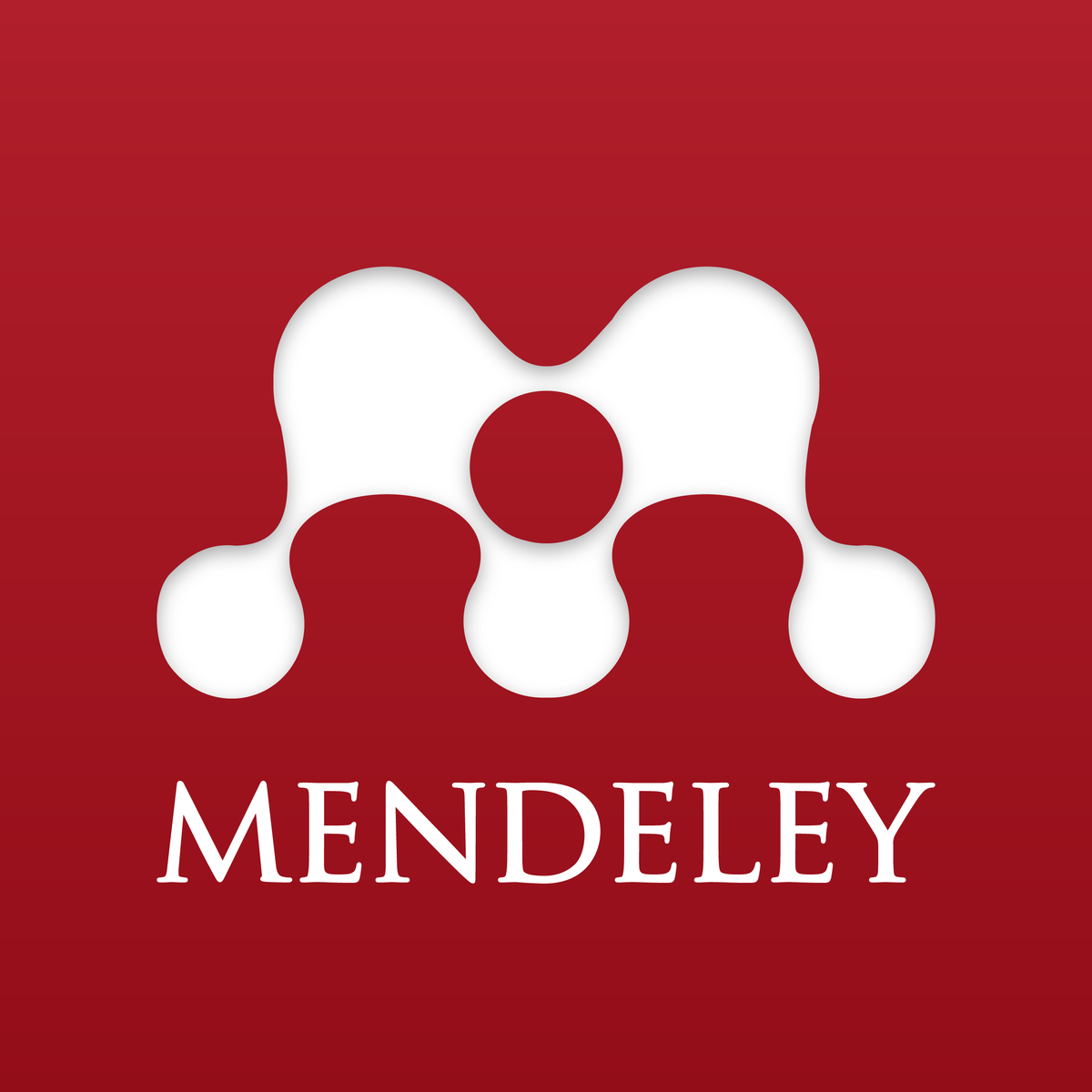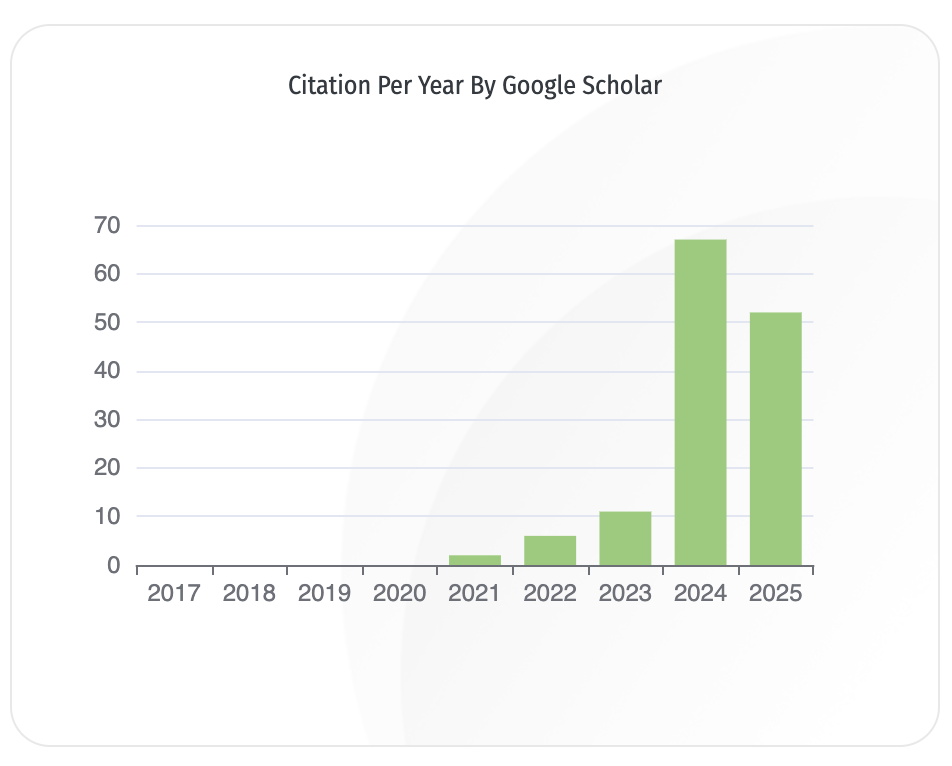ADDITIONAL MENU
Focus & Scope Editorial Team Reviewer Author Guidelines Peer Review Process Publication Ethics Online Submissions Copyright Notice Plagiarism Screening Indexing Author Fees Statistics Open Access Policy
JOURNAL TEMPLATE
TOOLS
INFORMATION
VISITORS






